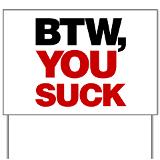- Joined
- Feb 21, 2022
- Messages
- 770
I guess that the metric system had the advantage of hindsight when simplifying and rectifying the huge number of "measurement units " that evolved through the old imperial system.I’ve found that there is a greater selection of metric washer OD’s (both larger & smaller than inch/Imperial/English); I regularly use 5mm washers on 10-32 fasteners.



